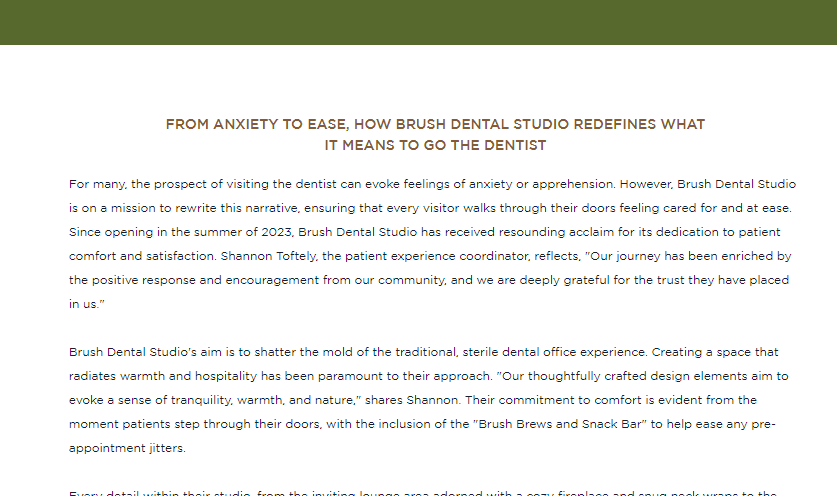Gum Disease: Causes, Symptoms, Treatment, and Prevention
As your dentist I can tell you that gum disease is a common condition that I often see in patients. Also known as periodontal disease, it is caused by bacteria that grow in the plaque and tartar buildup on teeth and gum tissue. If left untreated, gum disease can lead to tooth loss and other serious health complications.
Gum disease has two main stages: gingivitis and periodontitis. Gingivitis is the early stage of gum disease, and it is characterized by inflammation and bleeding of the gums. This stage of gum disease is reversible with proper oral hygiene and regular dental cleanings. If gingivitis is left untreated, it can progress to periodontitis, which is a more advanced stage of gum disease that can cause irreversible damage to the teeth and supporting structures of the mouth.
Symptoms of gum disease may include swollen, red, or bleeding gums, bad breath, receding gums, and loose or shifting teeth. If you are experiencing any of these symptoms, it is important to schedule an appointment with your dentist as soon as possible.
Now, let's take a look at some frequently asked questions about gum disease:
What are the risk factors for gum disease?
Some of the risk factors for gum disease include smoking, diabetes, hormonal changes, certain medications, and a family history of gum disease. Poor oral hygiene, a diet high in sugar and carbohydrates, and stress can also increase the risk of gum disease.
How is gum disease treated?
Treatment for gum disease depends on the severity of the condition. In the early stages of gum disease, treatment may involve professional dental cleanings and improved oral hygiene practices at home. More advanced cases of gum disease may require scaling and root planing, gum surgery, or other procedures to repair and restore the health of the gums and teeth.
Can gum disease be prevented?
Yes, gum disease can be prevented with good oral hygiene practices such as brushing twice a day, flossing daily, and using an antiseptic mouthwash. It is also important to schedule regular dental checkups and cleanings to catch and treat any early signs of gum disease.
Can gum disease affect other parts of the body?
Yes, gum disease has been linked to several other health conditions such as heart disease, stroke, and diabetes. Researchers believe that the inflammation caused by gum disease may contribute to these systemic health issues.
Is gum disease contagious?
While gum disease is not contagious, the bacteria that cause it can be spread through saliva. This means that if you share utensils or engage in activities such as kissing with someone who has gum disease, you may be at higher risk of developing the condition.
In summary, gum disease is a common and potentially serious condition that can lead to tooth loss and other health complications. Early detection and treatment are crucial for preventing the progression of gum disease. If you are experiencing symptoms of gum disease or have concerns about your oral health, I encourage you to schedule an appointment with your dentist to discuss your options for treatment and prevention.
Learn More








